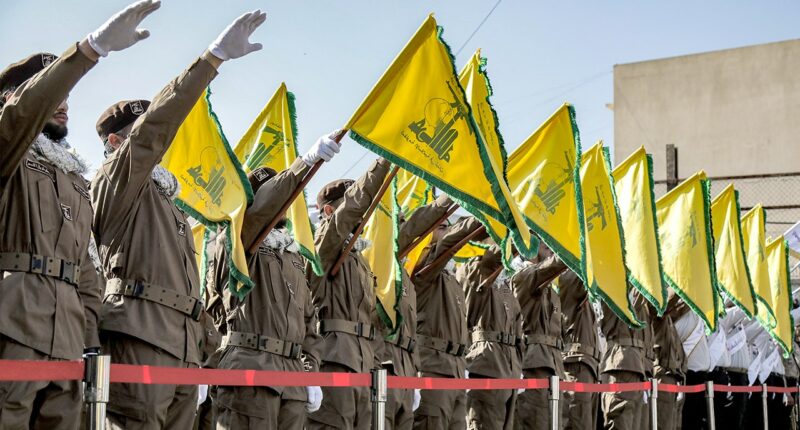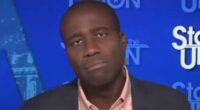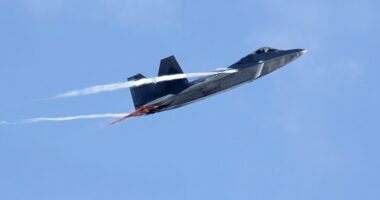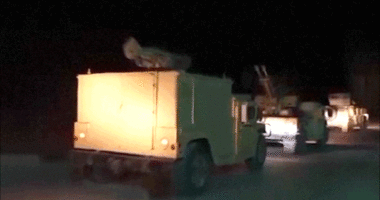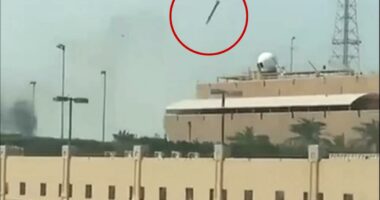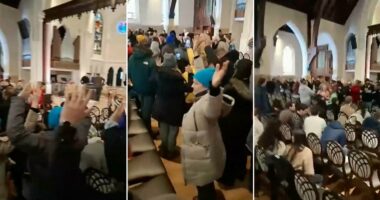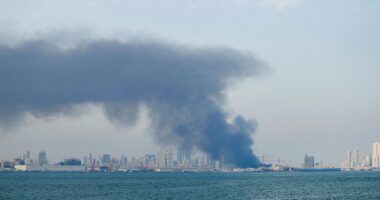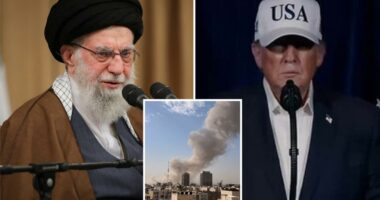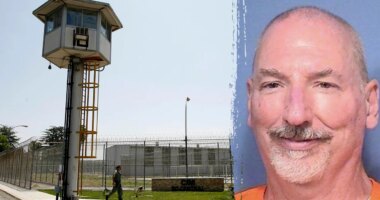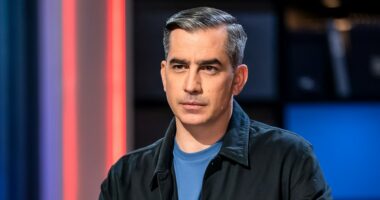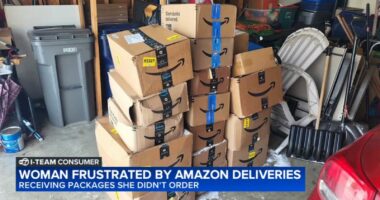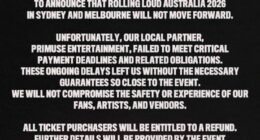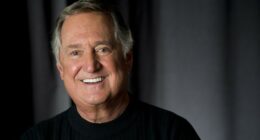Share this @internewscast.com
The recent fatal U.S. strike in the Caribbean is regarded by experts as a continuation of efforts to dismantle the expanding narcotics network managed by Iran and Hezbollah in Venezuela.
According to U.S. officials, the Tren de Aragua collaborates closely with the Cartel of the Suns, a group of elite Venezuelan military members accused for a long time of trafficking cocaine in partnership with Hezbollah.
State Department representative Anna Kelly informed Fox News Digital that President Trump has actively taken measures to curb the actions of Iran’s terrorist allies like Hezbollah. This includes sanctioning high-ranking officials and financial backers. The president is committed to holding any terrorist organization accountable if they threaten U.S. national security through drug smuggling aimed at harming Americans.
Brian Townsend, a former DEA special agent, expressed to Fox News Digital that this was a significant hit against drug-related terrorism. He noted that Hezbollah’s involvement often goes unnoticed but is vital, explaining, “They avoid direct involvement in drug trade. Instead, they facilitate money laundering and create networks that enable cartels to transfer funds to the Middle East. They earn a portion from this trade, which helps fund their Middle Eastern operations.”
Townsend highlighted how the alliance is mutually beneficial. “Iran’s alliance with Maduro permits Hezbollah to function in Venezuela. This arrangement allows Iran to operate securely in the West through Hezbollah without facing legal action, while Maduro and his associates receive substantial financial rewards. Ultimately, Iran takes advantage of Maduro, who is not concerned as he and his allies financially benefit.”
Both experts emphasize state involvement as a critical factor. “Under Maduro and Chávez’s leadership, Venezuela has become a key transshipment point for Colombian cocaine,” Townsend noted. “Multiple U.S. indictments and Treasury OFAC actions have implicated senior government officials in utilizing state resources like ports, air bases, and even military convoys to transport vast quantities of cocaine. The Cartel of the Suns, consisting of high-ranking military personnel, manages and guards these operations. Who cleans this drug money? Hezbollah.”
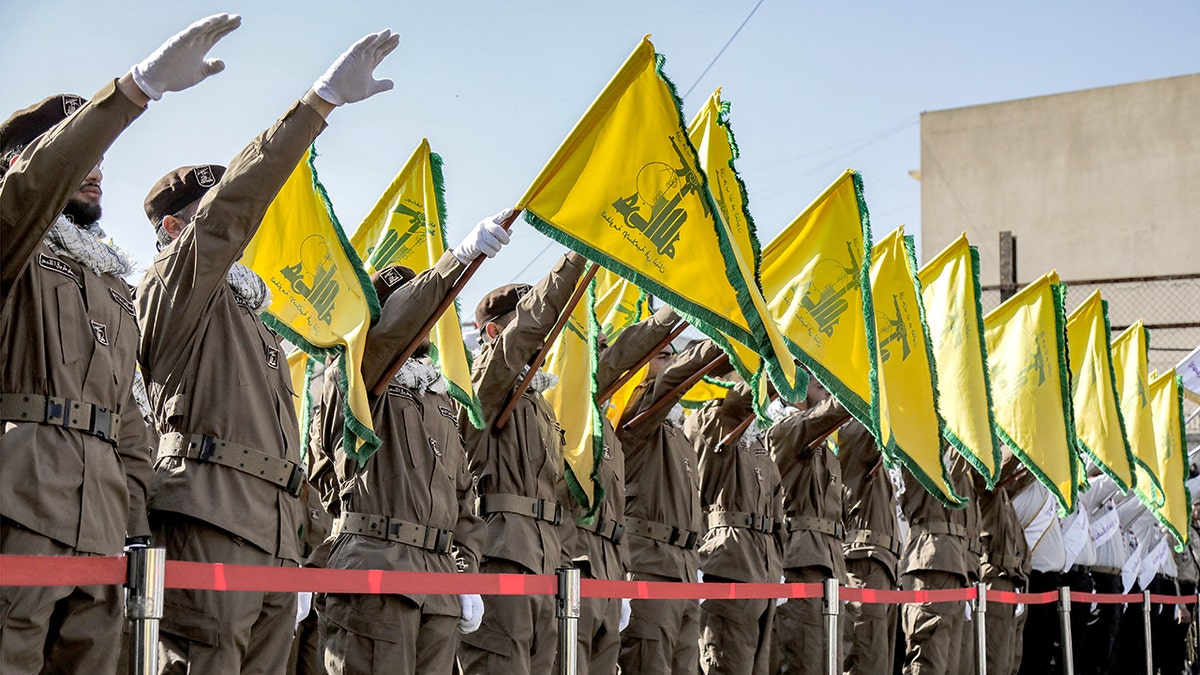
Hezbollah members raise the group’s yellow flags during the funeral of fallen comrades in Shehabiya in south Lebanon on April 17, 2024. (AFP via Getty Images)
Citrinowicz emphasized Iran’s investment in Venezuelan power structures. “The enhancement is illustrated by several aspects: first and foremost, the military cooperation, especially Iranian factories building UAVs for the Venezuelan army, and constant Quds Force flights from Iran through Africa toward Venezuela,” he said. “Iran is also teaching Venezuela how to bypass sanctions and has invested billions into the economy.”
Experts say Washington’s best leverage lies in choking the finances. “We need to aggressively target and choke these financial networks,” Townsend said. “The priority is to attack the financial and logistical networks, indict everyone we can and pressure Maduro. If we can cut off the financial arteries, the cocaine won’t be as profitable.”
Citrinowicz agreed that the strike fits into a broader effort. “By weakening Maduro, the U.S. weakens the Iranian presence in Latin America and weakens Iran’s ability to threaten U.S. soil,” he said. “The best way to weaken Venezuela is also to aim against the Iranian presence over there.”
Iranian worshipers hold up their hands as signs of unity with Iran’s supreme leader, Ayatollah Ali Khamenei, during an anti-Israeli rally in downtown Tehran on June 20, 2025. (Morteza Nikoubazl/NurPhoto via Getty Images)
For Washington, experts say Hezbollah’s narcotics empire in Venezuela is no longer just a regional problem. It is increasingly being treated as a direct threat to America’s security at home.
